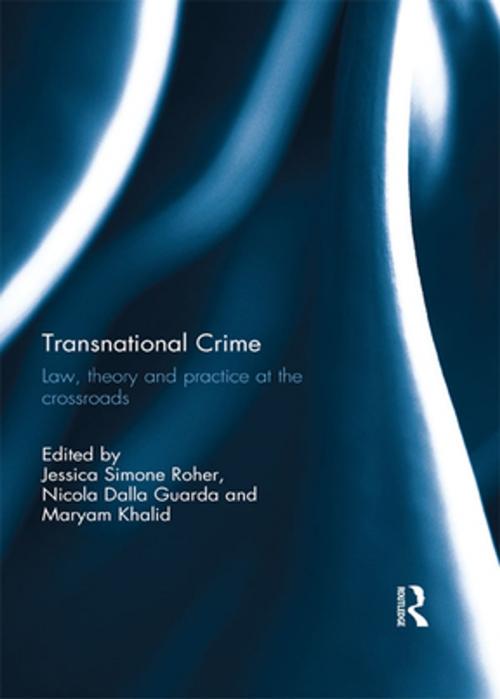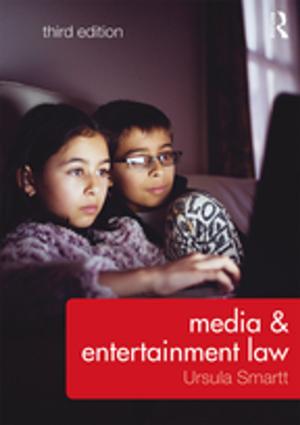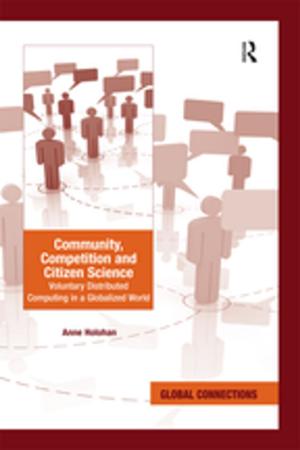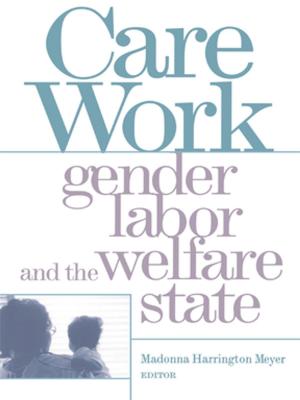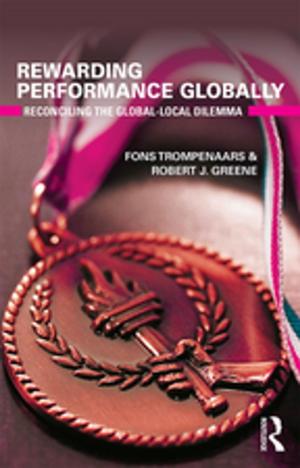Transnational Crime
Law, Theory and Practice at the Crossroads
Nonfiction, Reference & Language, Law, Conflict of Laws, Criminal law| Author: | ISBN: | 9781315456638 | |
| Publisher: | Taylor and Francis | Publication: | September 3, 2018 |
| Imprint: | Routledge | Language: | English |
| Author: | |
| ISBN: | 9781315456638 |
| Publisher: | Taylor and Francis |
| Publication: | September 3, 2018 |
| Imprint: | Routledge |
| Language: | English |
Philip Jessup coined the term "transnational law" in his Storrs Lecture on Jurisprudence delivered in 1956 to describe law that regulates activities or actions that transcend national borders. The term redefined the development and practice of the law, and became a distinct field of study. In 2001, Neil Boister applied Jessup’s concept to the field of criminal law and identified the emergence of transnational criminal law in a formative article published in the European Journal of International Law. Inspired by Boister’s work, the editors of the journal Transnational Legal Theory sought contributions from leading academics and practitioners for a symposium issue on transnational criminal law. In their papers, the authors built upon and developed novel approaches to legal issues arising in an increasingly globalized world, where both crimes and the regulation of crimes transcend borders. The publication of this book marks the sixtieth anniversary of Jessup’s seminal lecture and exemplifies the significant impact that Jessup, and later Boister, have had on legal scholarship and practice in the area of criminal law. We are honoured to publish the symposium as a monograph and to contribute to this rapidly evolving field. This book was previously published as a special issue of Transnational Legal Theory.
Philip Jessup coined the term "transnational law" in his Storrs Lecture on Jurisprudence delivered in 1956 to describe law that regulates activities or actions that transcend national borders. The term redefined the development and practice of the law, and became a distinct field of study. In 2001, Neil Boister applied Jessup’s concept to the field of criminal law and identified the emergence of transnational criminal law in a formative article published in the European Journal of International Law. Inspired by Boister’s work, the editors of the journal Transnational Legal Theory sought contributions from leading academics and practitioners for a symposium issue on transnational criminal law. In their papers, the authors built upon and developed novel approaches to legal issues arising in an increasingly globalized world, where both crimes and the regulation of crimes transcend borders. The publication of this book marks the sixtieth anniversary of Jessup’s seminal lecture and exemplifies the significant impact that Jessup, and later Boister, have had on legal scholarship and practice in the area of criminal law. We are honoured to publish the symposium as a monograph and to contribute to this rapidly evolving field. This book was previously published as a special issue of Transnational Legal Theory.
